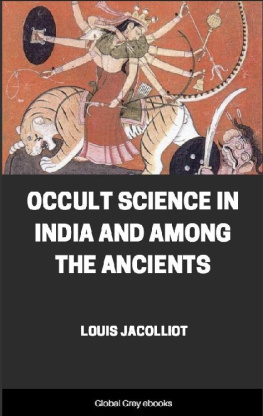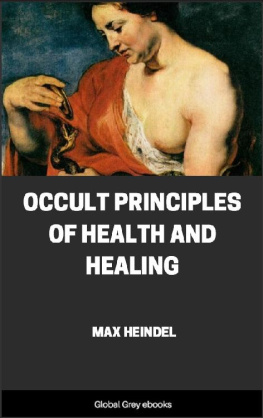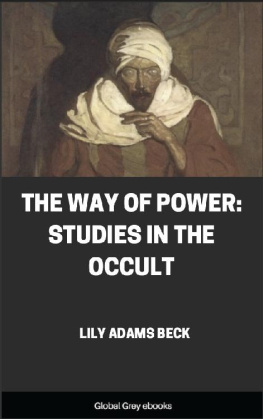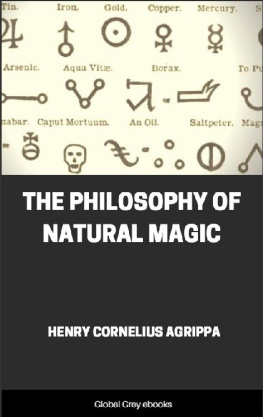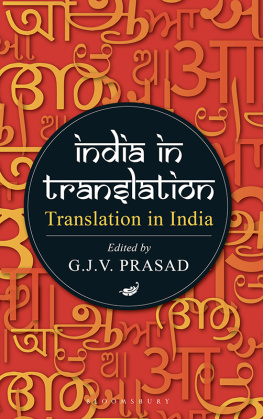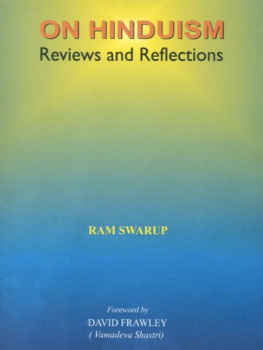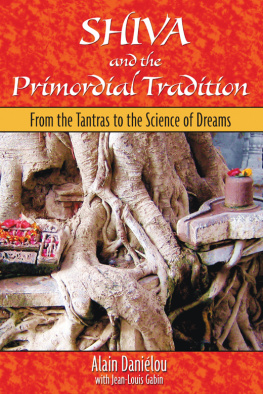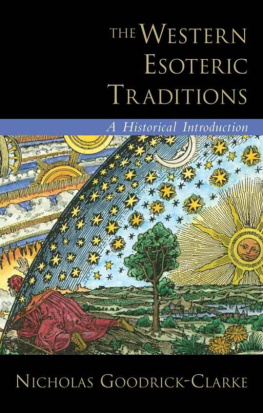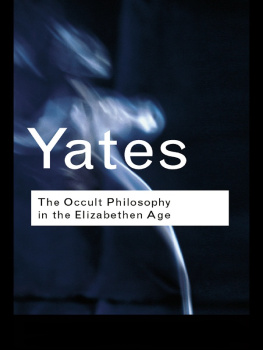OCCULT SCIENCE
IN INDIA
AND AMONG THE ANCIENTS
WITH AN ACCOUNT OF THEIR MYSTIC INITIATIONS AND THE HISTORY OF SPIRITISM
BY
LOUIS JACOLLIOT
TRANSLATED FROM THE FRENCH BY WILLIAM L. FELT
1919
Occult Science in India by Louis Jacolliot.
This edition was created and published by Global Grey
GlobalGrey 2018

globalgreyebooks.com
Contents
Preface
We will lay aside, for the present, our inquiries into the general subject of the primitive civilizations of the far East, and the people who have sprung from the Brahminic stock in the old world, in order to publish the result of such researches as we have been able to make, during our long residence in India, into the subject of occult science, and the practices of those who have been initiated into the sect of the Pitris, which is Sanscrit for spirits or ancestral shades.
This is neither a doctrinal book nor a work of criticism.
We are not called upon to decide, either for or against, the belief in spirits, either mediating or inspiring, which was held by all who had been initiated in the temples of antiquity, which is to-day the keystone of the philosophical and religious instruction of the Brahmins, and to which many of our Western thinkers and scientists seem inclined to assent.
Being neither an advocate of this belief, nor the opposite, we are, on that account, better able to write its history.
An ardent partisan would have been too credulous, and would have taken everything upon trust. A rabid opponent would have made it his business to disparage and discredit it.
We shall give the words themselves, and set forth things as they actually were; we shall interpret and explain the Agrouchada-parikchai, which is the philosophical compendium of the Hindu spiritists; we shall tell what we saw with our own eyes, and shall faithfully record such explanations as we received from the Brahmins.
We shall pay particular attention to the phenomena which the Fakirs produce at will, which some regard as the manifestations of a superior intervention, and others look upon as the result of a shrewd charlatanism.
Upon this point we have but a word to say.
The facts which are simply magnetic are indisputable, extraordinary as they may seem.
As to the facts which are purely spiritual, we were only able to explain those in which we participated, either as actor or spectator, upon the hypothesis that we were the victims of hallucinationunless we are willing to admit that there was an occult intervention.
We shall describe things just as we saw them, without taking sides in the dispute.
These doctrines were known to the Egyptians, to the Jewish Cabalists, to the people of Finland, to the school of Alexandria, to Philo and his disciples, to the Gauls and to the early Christians, and, as in the case of the Hindus, they set them apart for the use of those who had been initiated. As for the ancient Chaldeans, the practice of popular magic and sorcery seems to have been the utmost limit of their attainments in this direction.
They have also given birth to a peculiar system of moral philosophy, whose place in the general scale of the metaphysical speculations of mankind we shall take occasion to point out.
On the evening before the funeral sraddha is to take place, or on the day itself, he who gives the sraddha should, with all due respect, invite at least three Brahmins, such as those which have been already mentioned.

The Brahmin who has been invited to the sraddha of the spirit of the deceased should be entire master of his senses. He should not read the sacred Scriptures, but only recite, in a low tone, the invocations which it is his office to utter. as he should do, likewise. by whom the ceremony is performed.

The ancestral spirits, in the invisible state, accompany the Brahmins who have been invited; they go with them, under an arial form, and occupy a place by their side when they sit down.(Manu, book iii., slocas 187188-189.)

For a long time previous to their laying aside their mortal envelope, the souls which have practised virtue, like those which inhabit the bodies of Sanyassis and VanasprathasAnchorites and Cenobitesacquire the faculty of conversing with souls that have gone before to the swarga; that is a sign that the series of their transmigrations upon earth is ended.(The words of the ancient Bagavatta, quoted in the Proem of the Agrouchada-Parikchai.)
FIRST PART. THE DOCTRINE OF THE PITRIS AND THE OCCULT SCIENCES IN INDIA
Remember, my son, that there is only one God, the sovereign master and principle of all things, and that the Brahmins should worship Him in secret; but learn also that this is a mystery, which should never be revealed to the vulgar herd:otherwise great harm may befal you.(Words spoken by the Brahmins upon receiving a candidate for initiation according to Vrihaspati.)
A
CREATION |
U
PRESERVATION | M
TRANSFORMATION |
Chapter 1. The Initiated At The Ancient Temples
It is not to the religions writings of antiquity, such as the Vedas, the Zend-Avesta, or the Bible, that we are to look for an accurate expression of the highest thought of the period.
Written to be read, or rather chanted, in the temples, upon great festivals, and framed mainly with a view to priestly domination, these books of the law were not intended to make known to common people the secrets of a science which occupies the leisure moments of the priests and initiated.
"Bear in mind, my son," said the Hindu Brahmin to the neophyte, "that there is but one God, the sovereign master and principle of all things, and that every Brahmin should worship him in secret. Learn also that this is a mystery which should never be revealed to the vulgar herd; otherwise great harm may befal you."
We constantly meet with a similar prohibition in Manu.
The primitive holy syllable, composed of the three letters A, U, M, and comprising the Vedic trinity, should be kept secret (Manu, book xi., sloca 265).
These three letters symbolize all the initiatory secrets of the occult sciences.
The honover, or primordial germ, is defined in the Zend-Avesta as follows:
"The pure, the holy, the prompt Honover, I tell. you plainly, O wise Zoroaster! existed before the sky, before the sea, before the earth, before the animals, before the trees, before fire, son of Ormuzd, before the pure man, before the deous, before the whole world; it existed before there was any substance"should it not be explained, in its essence, to the magi alone? The common people cannot even know of the existence of this venerated name under penalty of death or madness.
The ancient Cabalists received a similar prohibition in the following passage from the Mishna:
"It is forbidden to explain the history of creation to two persons: or even the history of the Mercabaor, the history of the chariot, treating of the attributes of the unrevealed beingto one alone, unless he is a wise and intelligent man, in which case it is permitted to intrust to him the headings of the chapters."
We are indebted to Mr. A. Frank, of the Institute, the eminent Hebraist, for an explanation of this curious passage of the Jewish Cabala. It will be seen that he confirms the opinion that we have just expressed, that an accurate interpretation of the beliefs of the sacerdotal castes and of the initiated, is not to be found in the works the multitude were allowed to see.
Next page
